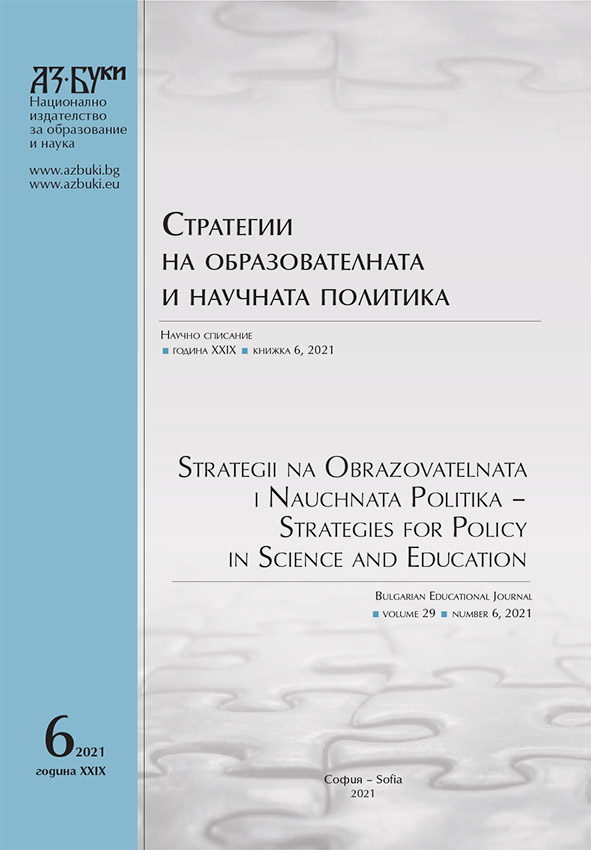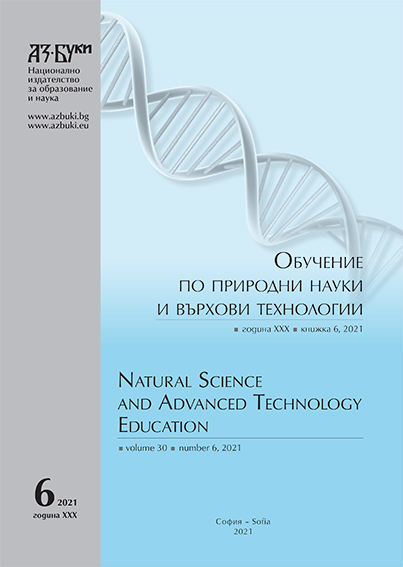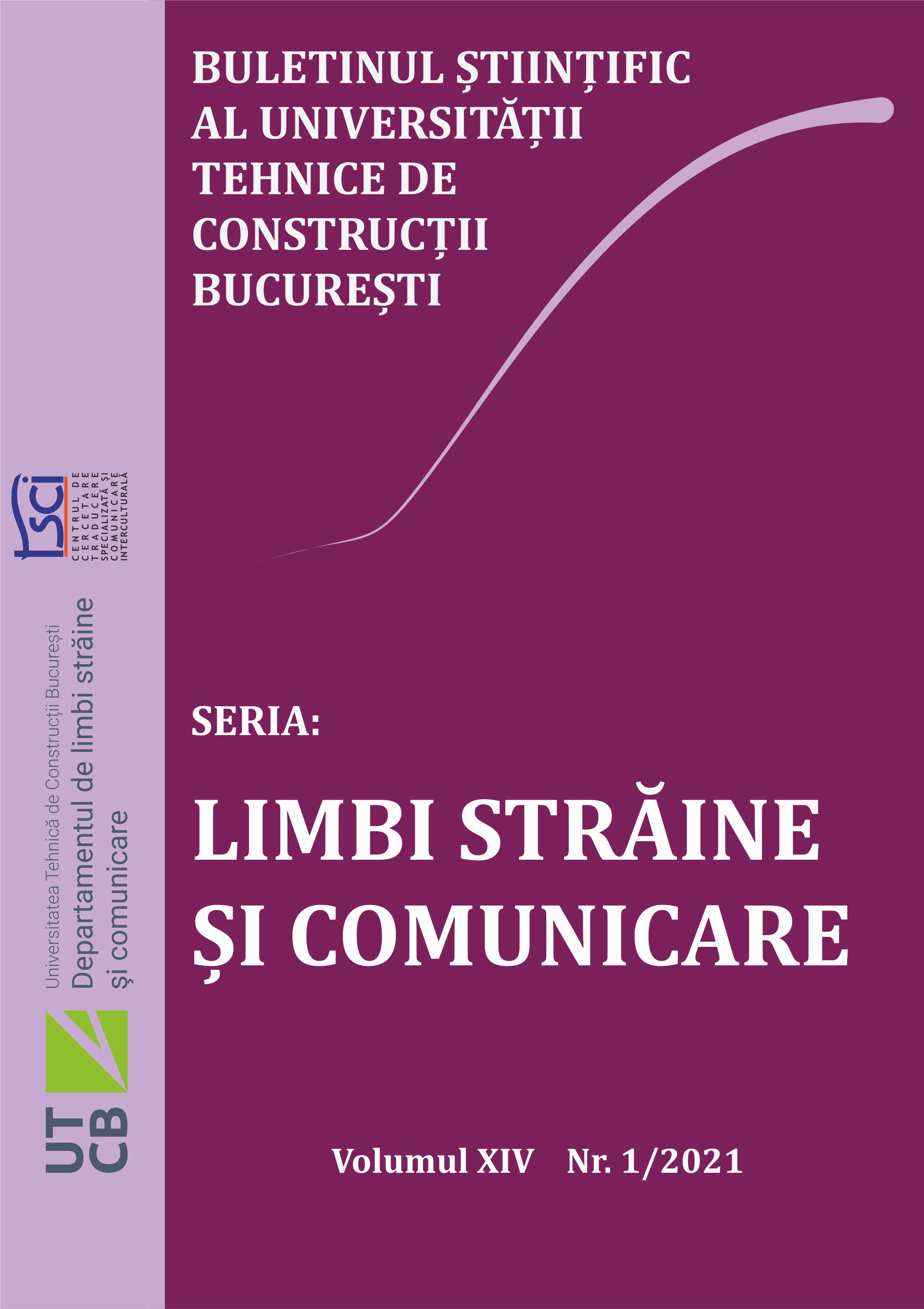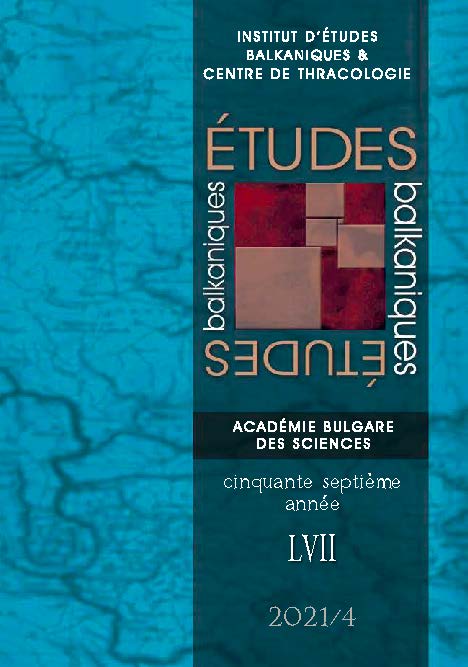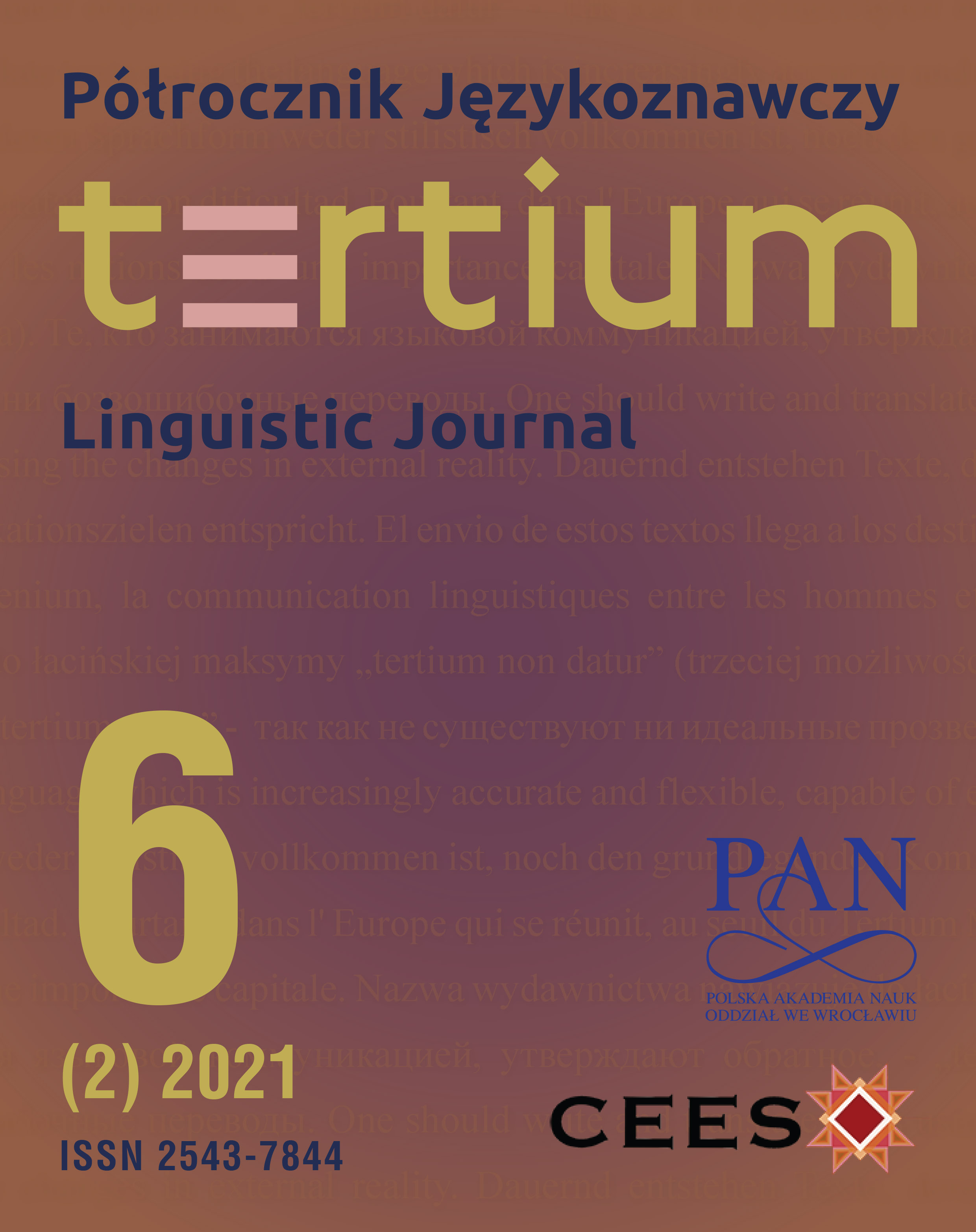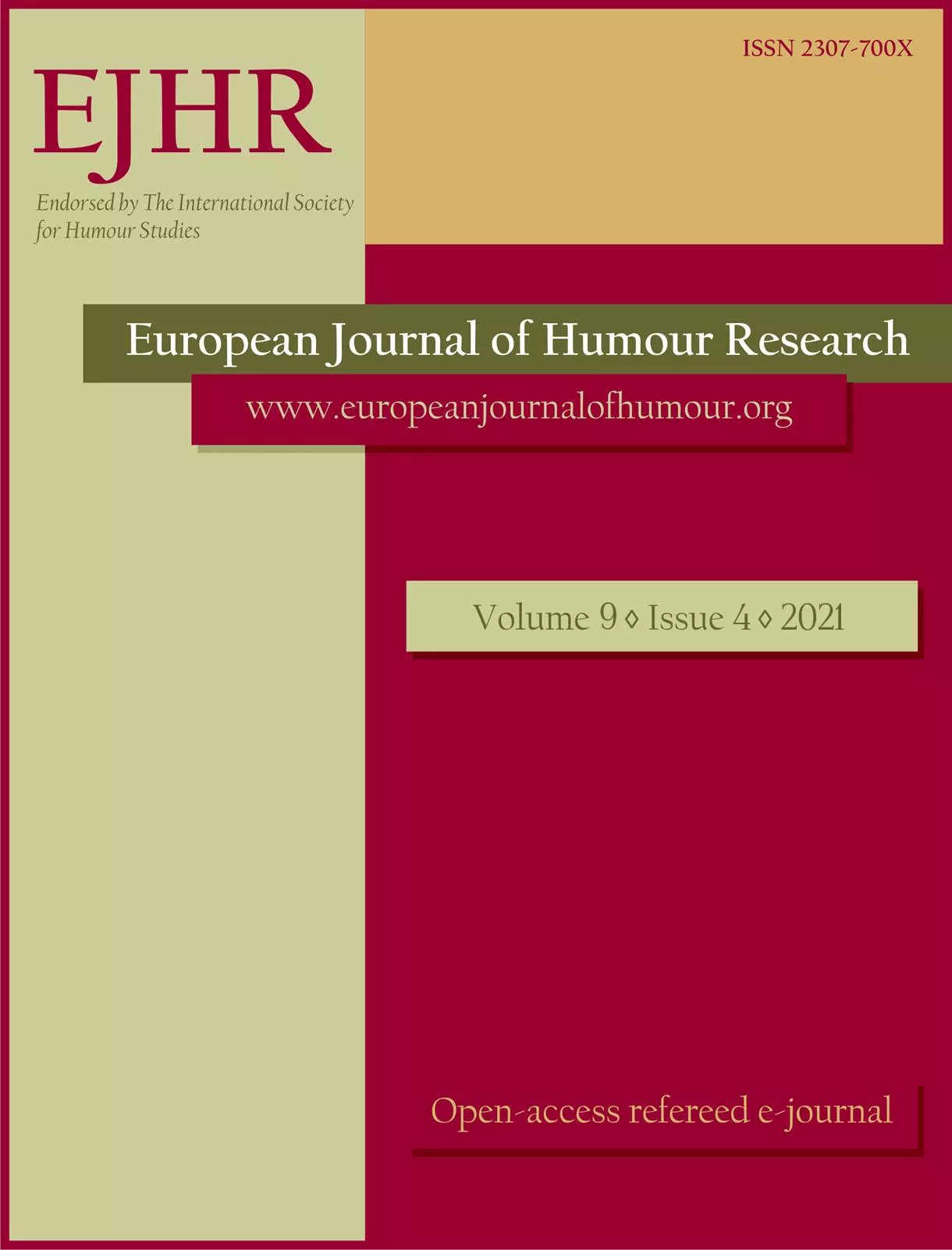Author(s): Adrian Hale / Language(s): English
Issue: 4/2021
‘Dame Edna Everage’, a persona originally created by the Australian comedian Barry Humphries in 1955, is a character designed to simultaneously shock and amuse. Dame Edna voices (and satirizes) the discourse of ‘average’, older, politically conservative Anglo- Australians who feel compelled to ‘tell it like it is’ – no matter how offensive their opinions might be. In the Anglosphere, Edna’s humour is well understood and sustained international success has followed Edna for more than 60 years in Britain, Canada, the US and Australia. However, Edna occasionally misfires. In 2003, for instance, Edna’s satire outraged Latinos across the USA, in fulfilment of Poe’s Law (Aikin, 2009). Simply put, Latinos assumed that Edna’s comments satirising negative mainstream attitudes towards them were expressive of Edna’s authentic racism. This paper investigates the Edna joke in the overall context of failed humour and then specifically for the offensiveness it generated amongst the Latino minority in the United States. It then tests whether this reaction was the result of a discursive frame specific to the US context, by conducting an exploratory study amongst a small sample of highly educated Australian bilingual Latin American immigrants and their adult children, to see whether they thought Edna’s joke was funny. These Australian individuals of Latin American heritage responded via an online questionnaire, and an analysis of their responses is presented here. The study’s main finding is that while these individuals generally demonstrated a high comedic literacy across both English and Spanish, including a prior awareness of Edna’s and Australian humour, they overall rejected the intention and humour of Edna’s joke. This paper asserts that, when it comes to humour, some transnational migrant speech community loyalties transcend other notions of identity and language competence.
More...
